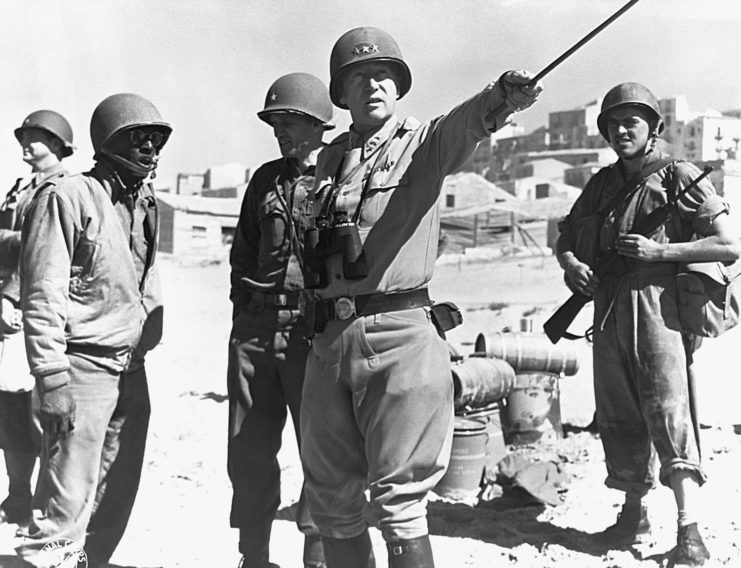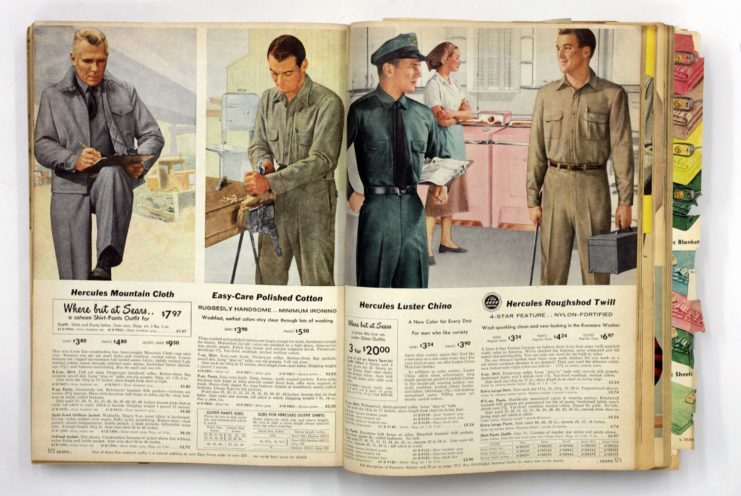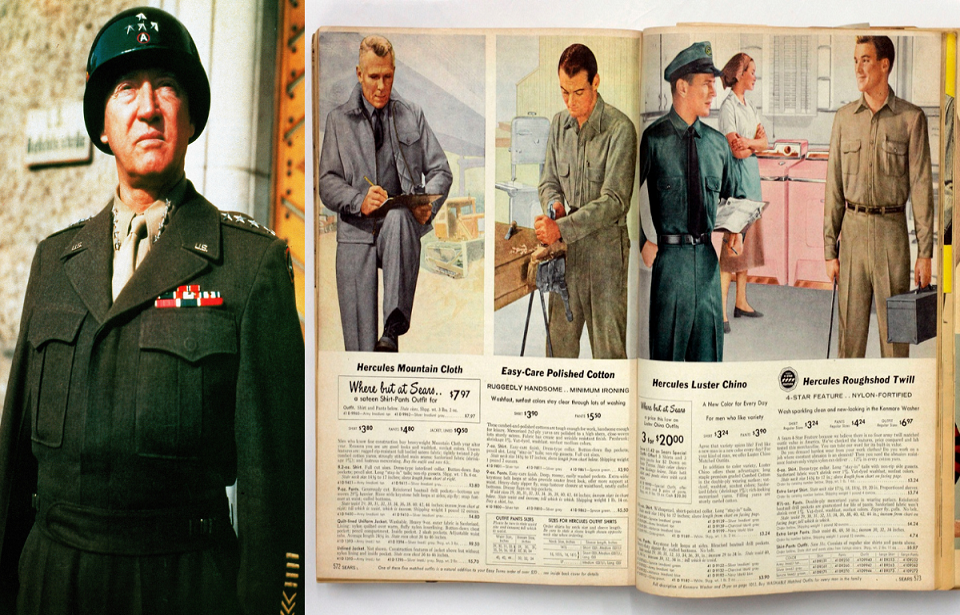Legendary but controversial US General George S. Patton was known as a man of action who got things done no matter how difficult. He was born into an affluent family and married the daughter of an extremely wealthy businessman, whose family was also worth a fortune. With these funds, Patton was able to enjoy some of the finest luxuries, but he was also not afraid to use them for less conventional means, like personally financing the equipping of an armored division.
Patton’s wealth

Patton was not only a talented battlefield commander, he was also exceptionally rich. He was born into a remarkable family with a deep military history. His ancestry contained Welsh aristocrats, ties to the British monarchy, and indirect relations to George Washington. So from birth Patton only knew a life of privilege. His fortune increased greatly when he married Beatrice Banning Ayer, the daughter of Frederick Ayer, a Boston industrialist whose own family held enormous wealth.
However, his wealth did not stop him from racking up an impressive list of achievements. Patton was fascinated with military history from a young age, and despite his struggles with spelling and reading, became an expert on warfare and wrote extensive works on the topic. He participated in the 1912 Summer Olympics in Stockholm finishing in fifth place overall. Patton also became proficient at fencing and used this knowledge to design a new sword for the US cavalry.
When the US entered WWI, Patton joined John J. Pershing and the American Expeditionary Force on their way to Europe. It was during this time that Patton discovered his passion for tanks, and recognized their potential in warfare.
Increase armored strength
Between the two world wars, Patton pushed fanatically for increased investment in armored warfare, but budget restraints and a general lack of interest from other parties meant little was done in this aspect. However once WWII broke out in Europe, the US was motivated to quickly build up its military, which was not prepared for a large-scale war.
It was around this time that Patton became acquainted with Adna R. Chaffee Jr., a man who is considered to be the father of US armored forces. Chaffee made Patton the commander of the 2nd Armored Brigade, which was part of the 2nd Armored Division.
Patton assisted in the mobilization of this force, which would see him use the Sears Roebuck catalog in a desperate big to equip his men.
Sears Roebuck

Sears, Roebuck, and Co. was an American retail company that was founded in 1892 and still technically functions today. For almost the entirety of its existence, the company, most commonly known as Sears, has been among the US’ largest retailers.
To begin with, Sears sold watches and jewelry, but would soon transform into a company that sold quite literally everything; from entire houses to clothes. Their vast catalog became a wish list for millions across the US.
Sears marketed their catalog as “the Book of Bargains,” and sold tools, musical instruments, toys, medical supplies, clothes, baby buggies, bedding, firearms and furniture, just to name a few. The increasing popularity of the automobile meant retailers were becoming more accessible, so Sears began opening stores across the US. The company even made a profit during the lowest points of the Great Depression.
Their incredible success would continue throughout the 20th century but would be threatened by the arrival of competitors like Target and Walmart.
Funding his troops
As mentioned previously, although the US was not yet involved in the war, when WWII started they were caught with their pants down, militarily speaking. A major mobilization took place, of which Patton was involved. But he physically was unable to equip his troops fast enough, forcing him to resort to a civilian retail catalog.
Patton used his own funds to purchase tools, parts, and supplies from the Sears catalog to rapidly equip the 2nd Armored Division during this turbulent time.
Air University, the U.S. Air and Space Force’s center for professional military education, writes, “Personal hygiene relied on G. I. issue steel helmets for washing hands, shaving, and bathing until at Patton’s direction Army quartermasters contracted with a San Bernadino Sears and Roebuck store to supply enough washbasins for the expanding number of troops.” Within a period of just 30 days, Patton was able to provide proper running water, latrines, and showers for all of his troops.
His decision to use his own money to equip his men was an indicator of what was to come with Patton; a leader that spent little time discussing a problem and instead focused on solving it.
